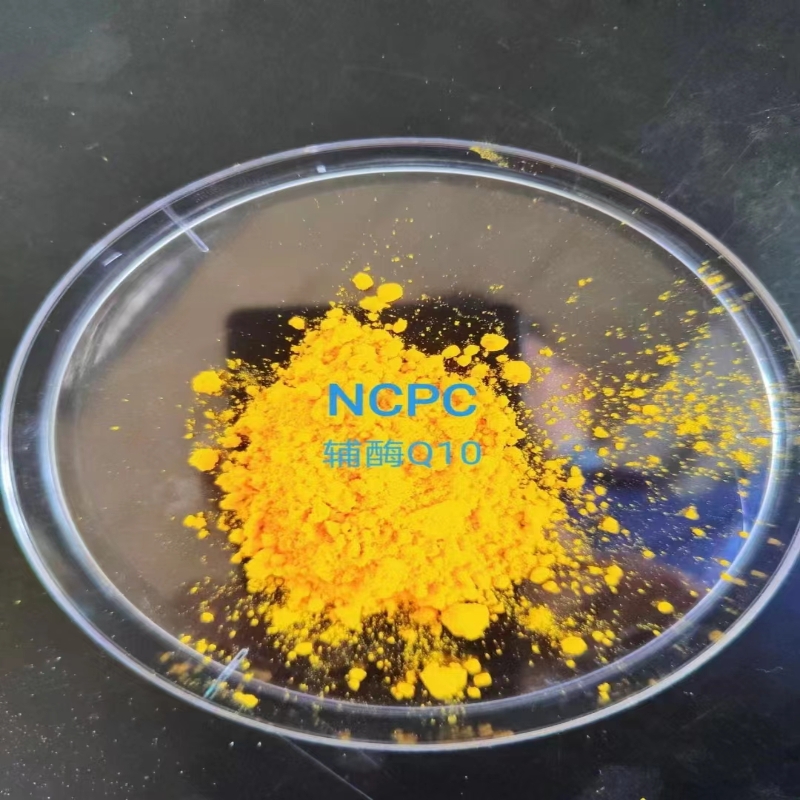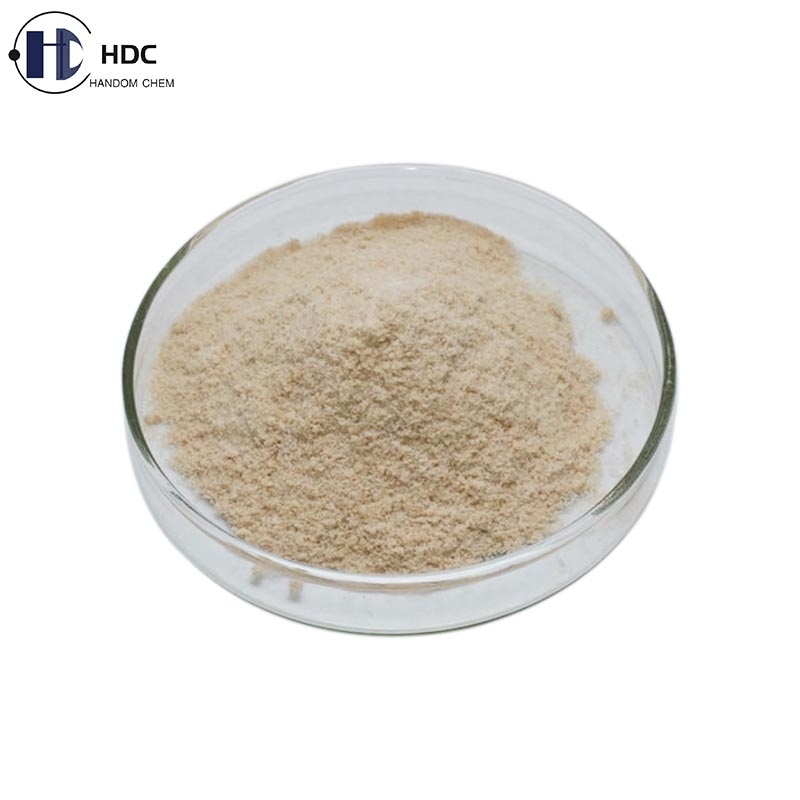FASEB J: a new mouse model of psoriatic arthritis was established
-
Last Update: 2019-06-12
-
Source: Internet
-
Author: User
Search more information of high quality chemicals, good prices and reliable suppliers, visit
www.echemi.com
June 12, 2019 / Bio Valley BIOON / - psoriatic arthritis (PSA) is a chronic inflammatory disease, which can reduce the mobility and flexibility of patients PSA is known to increase the risk of type II diabetes A recent study published in the journal FASEB tested a new mouse model that could one day be used to treat human skin pathology, as well as joint erosion and disc degeneration, thereby improving the quality of life of patients with PSA Photo source: FASEB Journal used two groups of non obese diabetic (NOD) mice for the study One group was infected with an adenovirus vector that expressed a single chain of IL-23 (proinflammatory cytokines), while the other group was infected with a control virus One group infected with IL-23 virus developed PSA after a single intravenous injection Systemic transmission of the virus has led to a series of common symptoms in patients with PSA, including skin, intervertebral disc and joint diseases The development of these symptoms makes this the only mouse PSA model Paul Robbins, Professor of Biochemistry, molecular biology and Biophysics at the University of Minnesota, said: "this new mouse model represents a very good human PSA model, which contains most of the symptoms of human diseases The model can be used to detect and optimize PSA treatment, so as to improve the quality of life of PSA patients "In another surprising finding, the team observed that IL-23 did not accelerate the onset of diabetes, but delayed the onset of hyperglycemia or hyperglycemia Dr thoru Pederson, editor in chief of FASEB magazine, said: "this disease needs a strong animal model system for a long time, and this research is a great progress "Reference: Paul Robbins et al Adenoviral gene transfer of a single chain IL-23 causes psychological arts like symptoms in NOD mice FASEB j.doi: https://doi.org/10.1096/fj.201900420r
This article is an English version of an article which is originally in the Chinese language on echemi.com and is provided for information purposes only.
This website makes no representation or warranty of any kind, either expressed or implied, as to the accuracy, completeness ownership or reliability of
the article or any translations thereof. If you have any concerns or complaints relating to the article, please send an email, providing a detailed
description of the concern or complaint, to
service@echemi.com. A staff member will contact you within 5 working days. Once verified, infringing content
will be removed immediately.







